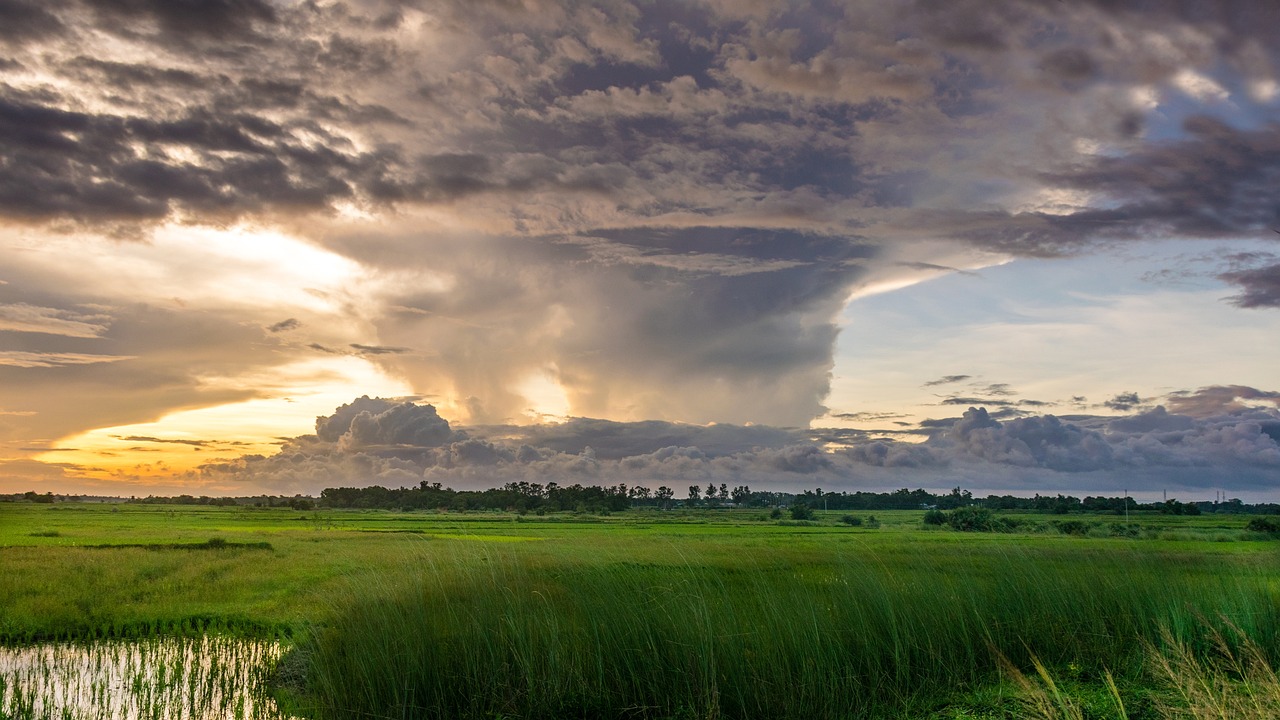
How to Help After a Hurricane: A Comprehensive Guide
Hurricanes are among the most destructive natural disasters, leaving communities devastated in their wake. While the physical and emotional toll on affected regions can be overwhelming, many people wonder how they can help. This guide outlines practical and impactful ways to assist hurricane victims, whether through donations, volunteering, or advocacy.
1. Donate to Trusted Organizations
One of the quickest and most effective ways to help after a hurricane is by contributing to reputable organizations. Monetary donations allow agencies to allocate resources effectively, targeting the most urgent needs.
Key Organizations to Consider:
- American Red Cross: Provides emergency shelter, food, and supplies to hurricane victims.
- World Central Kitchen: Offers hot meals to communities impacted by disasters.
- Team Rubicon: Engages veterans to assist in disaster recovery efforts.
- Local Relief Funds: Check if the affected region has set up a specific fund to support its residents.
Why Monetary Donations Matter
Sending money instead of physical items ensures that relief agencies can purchase supplies locally, which helps revive the local economy while reducing logistical challenges.
2. Volunteer Your Time
If you’re close to the affected area or can travel safely, volunteering is a hands-on way to make a difference.
Types of Volunteering Opportunities:
- Disaster Cleanup: Help clear debris, repair homes, or restore essential services.
- Shelter Assistance: Work in temporary shelters to distribute supplies or provide emotional support.
- Food Distribution: Assist in meal preparation or distribution centers.
How to Find Opportunities:
- Sign up with organizations like VolunteerMatch, HandsOn Network, or local community groups.
- Contact local government agencies or disaster response teams for volunteer roles.
3. Organize Community Fundraisers
Community-led efforts can have a significant impact. Organizing a fundraiser in your neighborhood, workplace, or school can rally others to contribute.
Ideas for Fundraisers:
- Benefit Concerts or Events: Partner with local artists to raise funds.
- Crowdfunding Campaigns: Use platforms like GoFundMe to reach a broader audience.
- Donation Drives: Collect essential items like non-perishable food, hygiene kits, and baby supplies.
4. Donate Supplies Wisely
While monetary donations are preferred, there are situations where physical items are necessary. However, it’s crucial to ensure that your contributions align with what is actually needed.
Commonly Requested Items:
- Non-perishable food and bottled water
- Hygiene products (toothbrushes, soap, sanitary pads)
- Baby supplies (diapers, formula, baby food)
- Cleaning supplies and tools
Best Practices for Donating Supplies:
- Contact relief organizations to confirm what they need.
- Avoid sending items like clothing unless specifically requested.
- Package and label donations clearly to aid in distribution.
5. Offer Housing and Support
For those displaced by the hurricane, temporary housing can be life-saving. If you have the capacity, consider offering shelter or connecting evacuees with resources.
How to Help:
- Register with platforms like Airbnb’s Disaster Relief Program to host evacuees.
- Coordinate with local churches or community centers providing temporary housing.
- Offer transportation assistance to help victims reach shelters or medical facilities.
6. Support Long-Term Recovery
Hurricane recovery often takes years, requiring sustained support long after the initial disaster. Consider ways to assist in rebuilding efforts.
Ways to Contribute:
- Volunteer for reconstruction projects through organizations like Habitat for Humanity.
- Advocate for policies that improve disaster preparedness and response.
- Support mental health initiatives for survivors coping with trauma.
7. Spread Awareness and Advocate
Educating others about the hurricane’s impact can generate additional support. Use your voice to amplify the needs of affected communities.
What You Can Do:
- Share verified donation links on social media.
- Contact local representatives to advocate for disaster relief funding.
- Write articles or blog posts to keep the public informed.
8. Prepare for Future Disasters
Helping communities prepare for future hurricanes can save lives and reduce damage.
Steps to Take:
- Donate to organizations focused on disaster preparedness.
- Support initiatives for sustainable infrastructure and flood management.
- Educate communities about evacuation plans and emergency kits.
9. Practice Responsible Tourism
If the affected region is a popular tourist destination, consider visiting once it’s safe. Tourism dollars can help rejuvenate local economies.
How to Help:
- Book stays with local businesses.
- Participate in eco-tourism or voluntourism projects.
- Avoid exploitative practices that harm recovering communities.
Conclusion
Helping hurricane victims is a multifaceted effort that goes beyond immediate relief. By donating wisely, volunteering, and advocating for long-term recovery, you can play a vital role in supporting those affected. Every action, no matter how small, contributes to rebuilding lives and communities.
By focusing on these strategies, you can ensure your efforts are meaningful and impactful. Whether near or far, everyone has the power to make a difference in the wake of a hurricane.












Post Comment